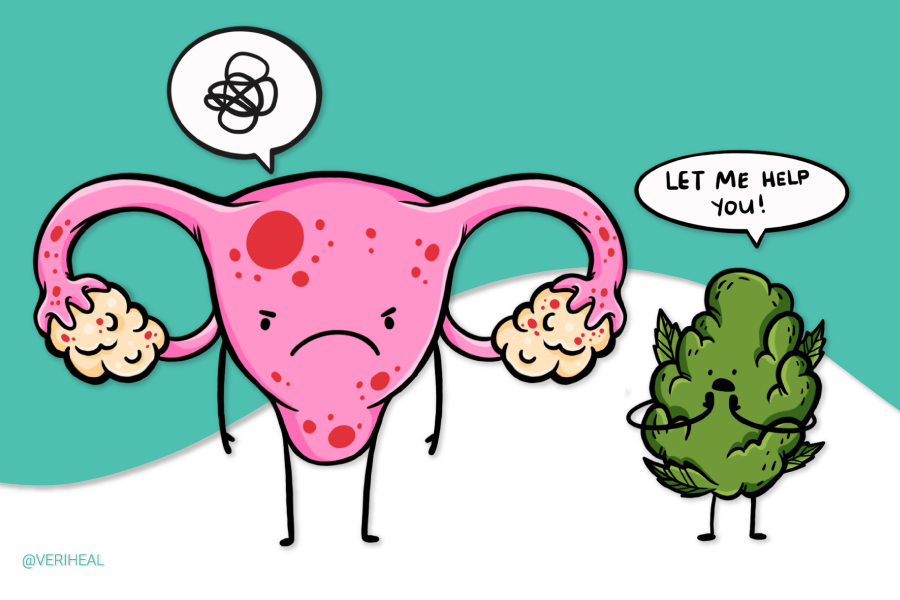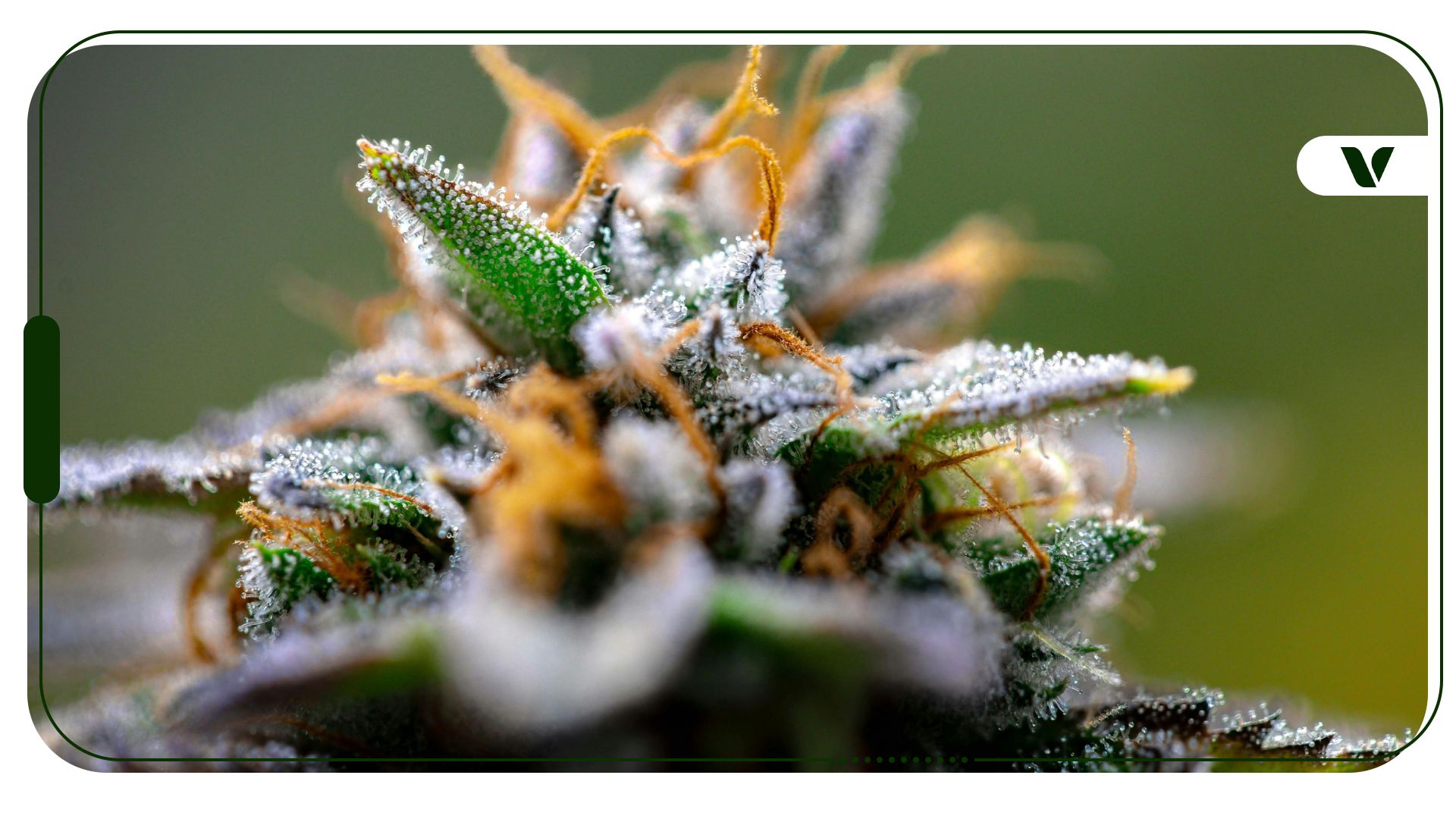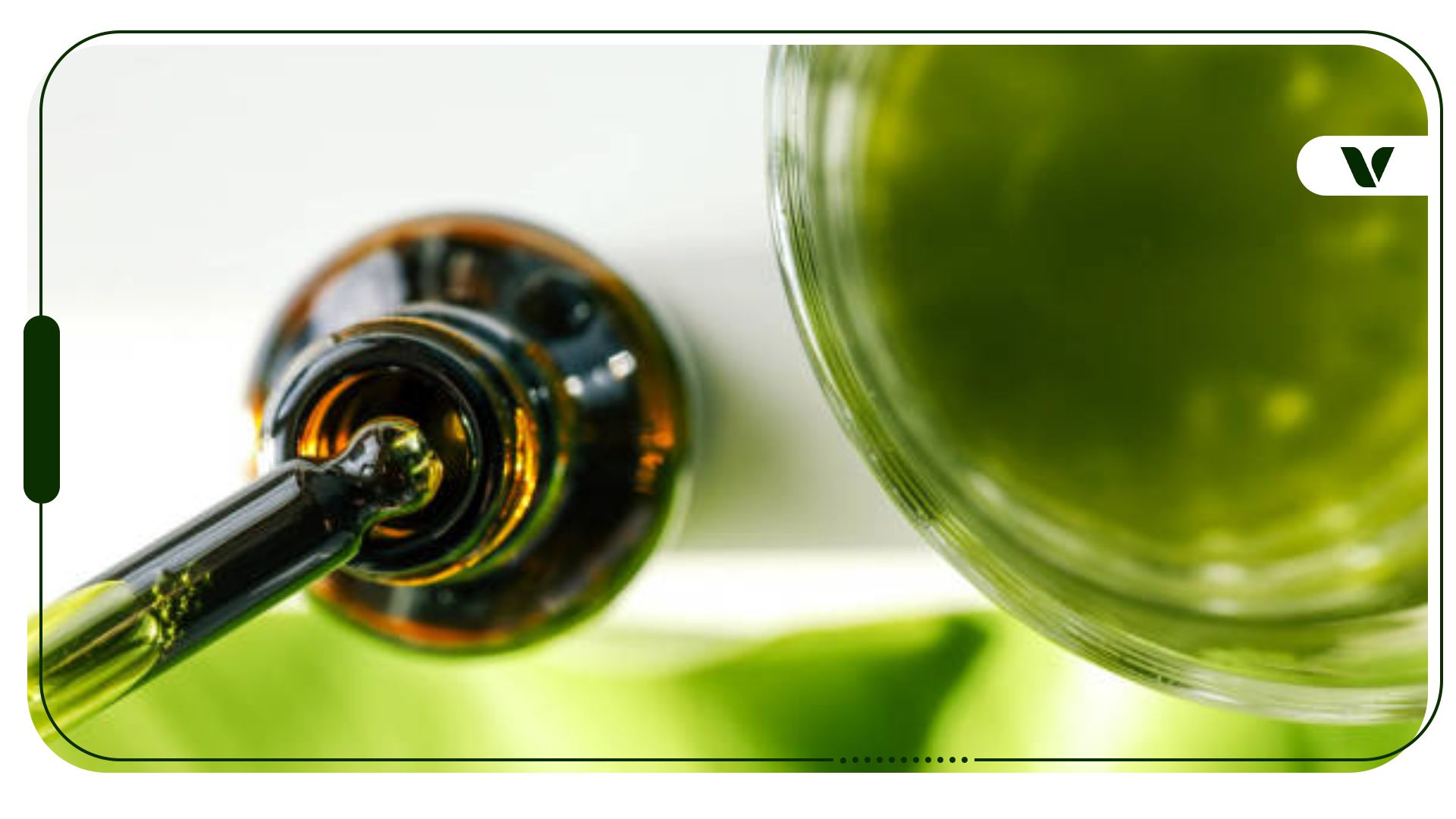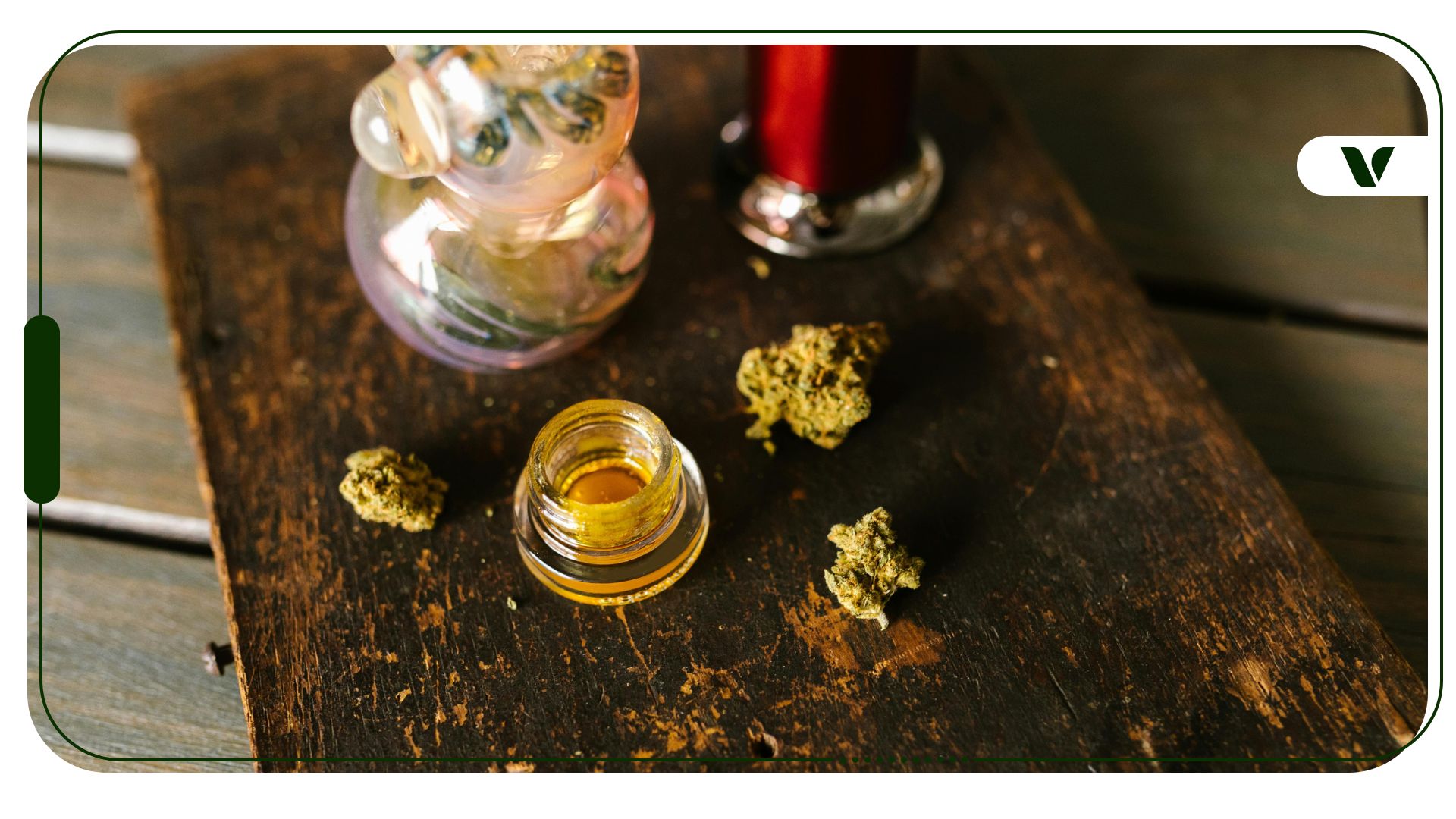For those suffering from endometriosis, getting through the day can be an excruciatingly painful experience. Endometriosis is a condition in which tissue similar to the tissue that comprises the lining of the uterus grows in other organs, commonly the ovaries and the fallopian tubes. This out of place endometrial tissue thickens, breaks down, and bleeds just as the tissue within the uterus does, in accordance with the menstrual cycle. However, because it has no way to exit the body, it remains trapped, causing painful cysts to develop. This condition affects roughly 176 million people worldwide.
But if you’ve been living with the pain of endometriosis, we have good news. As with so many other tough-to-manage medical conditions, there is now evidence that cannabinoids may be able to help.
Cannabis for Pain Management
Cannabis is a great tool to employ when it comes to pain management. The cannabinoids in your cannabis plant interact with your body’s endocannabinoid system to reduce inflammation, which is one of the leading causes of bodily pain. In the case of endometriosis, reduced inflammation is an essential part of pain management.
Using cannabis can also help you alleviate some of the side effects of endometriosis. Many people deal with anxiety or depression because of the condition, and choosing a strain of cannabis that features the right cannabinoids and terpenes can really help with the management of those conditions .
Why You Should Get Your Medical Marijuana Card
Veriheal has satisfied millions of patients nationwide by giving them access to these benefits
- Larger purchase limits
- Peace of mind
- Enhanced legal protection
- Access to higher potency strains
- Save up to 25% on cannabis purchases
- Skip the line at the dispensary
We recommend strains like Charlotte’s Web or Harlequin. Both strains offer a higher CBD to THC ratio that won’t leave you immobilized with intoxicating effects. Harlequin is a rock star when it comes to knocking out tough pain, while Charlotte’s Web is perfect for combatting anxiety.
Treating Endometriosis
Cannabis isn’t just useful for managing the symptoms of endometriosis—it might also prove to be an effective tool for treating the condition. Studies have shown that cannabis can be used to interfere with the progression of endometriosis in the following ways:
- Halting the growth of endometrial tissue cells
- Preventing tissue cells from migrating to abnormal locations
- Stopping the formation and rupture of cysts
- Desensitizing nerves that relay pain signals
Individuals living with endometriosis are uncomfortably aware of the fact that no cure exists for the condition. It’s a problem that conventional medicine hasn’t managed to solve. For that reason, many people with this condition look to alternative, holistic medicines to either treat their endometriosis or to supplement their conventional treatment.
Cannabis is an ideal choice because of the effects it has on the body. In a healthy body, aberrant cells are quickly identified and destroyed, preventing tissue from growing where it isn’t supposed to be, a process known as apoptosis. But when someone has endometriosis, we see that this ability is absent or impaired. The body’s endocannabinoid system, however, is instrumental in apoptosis. This has many applications. In some cases, cannabis has been shown to prevent cancer cells from multiplying by stimulating the apoptosis process in the body. But in the case of endometriosis, it can be used to stop the growth of abnormal tissue cells outside the uterus. For anyone who has dealt with the pain these growths can cause, it’s a remedy that couldn’t have come soon enough.
We are truly living in a golden age of cannabis, discovering more and more ways to use this wonderful plant to cope with illnesses and ailments that have held us back for years. With each new study, more doors are thrown open and more light is shed on the properties of cannabis. As legalization and cannabis acceptance spreads, we can hope to see even more discoveries and unlock even more possibilities for the cannabis plant.
Author, Share & Comments









